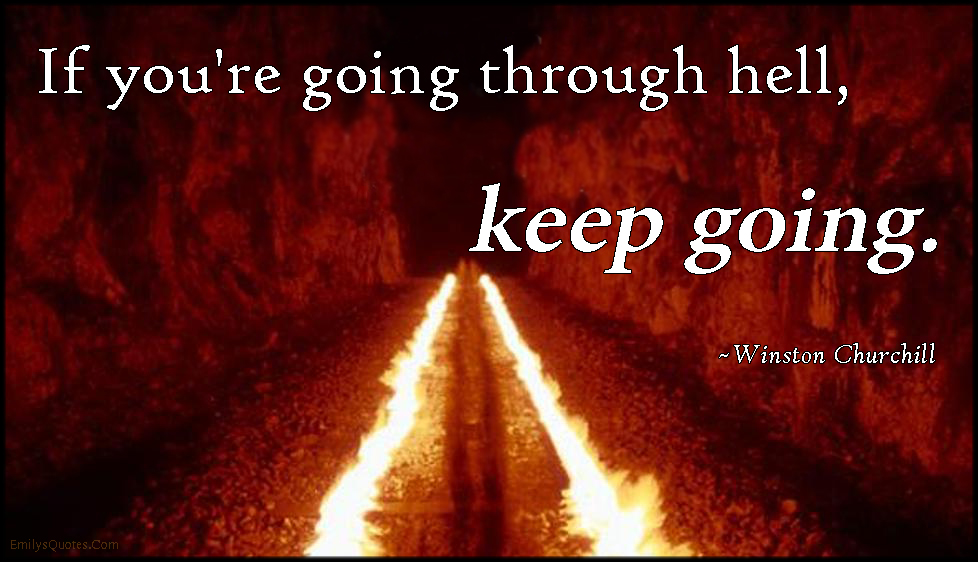So far, Churchill has yet to disappoint.
It’s become increasingly obvious to me, and hopefully to you too, that he has
no qualms when it comes to speaking his mind. In the last quote, we learned
about his affinity for speaking his mind and standing up for what he believes
in, if it results in making a few new enemies. Analyzing another quote along
the same lines, this week’s post takes a similar tone.
When it comes to making his point
clear, Winston Churchill was not one to hesitate. As this week’s quote
explains, “If you have an important point to make, don't try to be subtle or
clever. Use a pile driver. Hit the point once. Then come back and hit it again.
Then hit it a third time - a tremendous whack”. Churchill is of the state of
mind that feinting around an issue and beating around the bush is useless. Be
clear, definitive, and straightforward. Make your point known, and then go back
and make it known again. Like he said, “Use a pile driver”. Don’t let the
audience have any doubt about what you said.
He starts out with a brief bit of wisdom, like
most of his quotes: “don’t try to be subtle or clever”. However, he goes on to
emphasize that point with a slightly unexpected twist, telling the reader to “Use
a pile driver”. This next section follows a similar format, urging the reader
to be confident in their point and be sure to hit it again. At the end, he
surprises the reader with the conversational turn of phrase, “a tremendous
whack”. Even in his own quote, he follows the message he is preaching – he
repeats three times that one should not be subtle or clever, but rather drive
the point home. How meta.
 |
| Courtesy of R Kemppainen |
Yet again, it is the excellent
craftsmanship of his quips that make them so memorable. Going in to the quote,
one has a certain expectation of pithy advice about being confident and
explicit when making points. However, Churchill’s reference to a pile driver,
the phrase “a tremendous whack”, and the self-referential nature of the quote
create a cohesive and lasting message.
In my own personal life, I could
undoubtedly try harder to follow the advice laid out in this quote. When it
comes to making definitive points, be it in class, in a spirited debate, or
simple conversation with peers, I believe I drive my points home. However, I’m
sure a sense of social intelligence and a generally docile temperament often
tempers (no pun intended) the point I am trying to emphasize.
Like always, we can all learn a bit from
listening to what Churchill said and perhaps trying to do what he did. In this
case, strive to make your points clear. Don’t beat around the bush or try to be
coy with your point – be forceful, as Churchill truly was. Use a pile driver,
and strike your points with a vengeance so that they stick around for as long
as this quote will.


